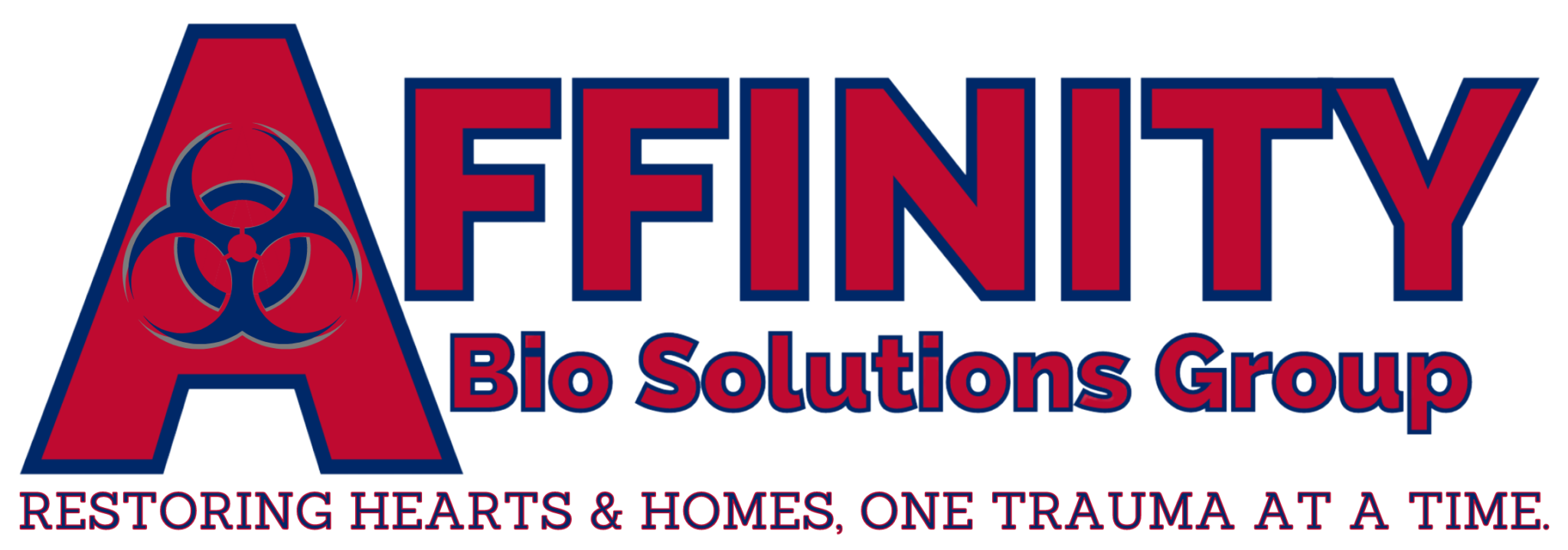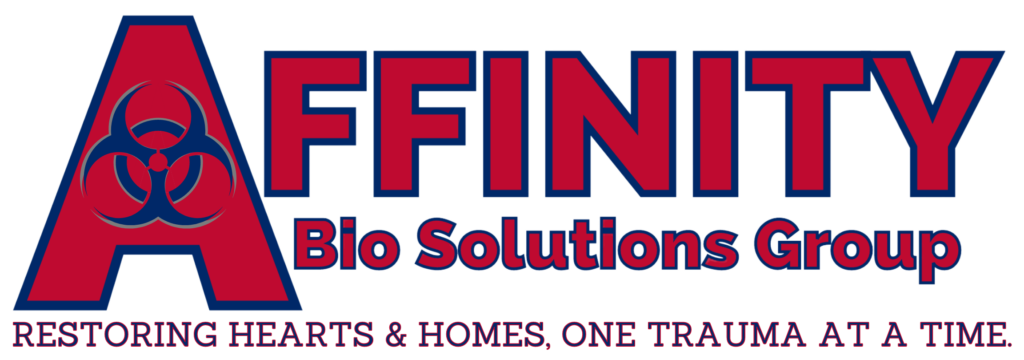 Cleaning up a significant amount of blood is a task that should never be taken lightly. Whether it’s due to an accident, injury, or a traumatic event, dealing with blood cleanup requires careful consideration, safety precautions, and professional expertise.
Cleaning up a significant amount of blood is a task that should never be taken lightly. Whether it’s due to an accident, injury, or a traumatic event, dealing with blood cleanup requires careful consideration, safety precautions, and professional expertise.
Why You Need Professionals for Blood Cleanup
- Biohazardous Material: Blood is considered a biohazard material due to its potential to carry infectious diseases, including HIV, hepatitis B, and hepatitis C. Cleaning blood without proper protection and expertise can put your health at risk.
- Legal and Regulatory Compliance: Many jurisdictions have strict regulations and guidelines governing the cleanup of biohazard materials, including blood. Failure to adhere to these regulations can result in legal consequences.
- Emotional and Psychological Toll: Cleaning up blood, especially in traumatic situations, can be emotionally and psychologically distressing. Professionals are trained to handle such situations with sensitivity and compassion, allowing you to focus on emotional recovery.
- Risk of Cross-Contamination: Improper cleanup can lead to the spread of bloodborne pathogens and cross-contamination of surfaces, putting others at risk.
- Specialized Equipment: Professional blood cleanup teams have access to specialized equipment, including personal protective gear, disinfectants, and waste disposal containers designed for biohazard materials.
Steps to Safely Handle a Blood Cleanup Situation
While it is strongly recommended to hire professionals for blood cleanup, there are initial steps you can take to ensure safety:
- Protect Yourself: Before entering the area, put on personal protective equipment (PPE), including gloves, a mask, goggles, and a disposable gown. Ensure that no part of your skin is exposed.
- Limit Access: If possible, restrict access to the area to prevent others from coming into contact with the blood or biohazardous materials.
- Call Professionals: Contact a professional biohazard cleanup company with experience in blood cleanup. They have the knowledge, training, and equipment necessary to handle the situation safely.
- Contain the Area: If it is safe to do so, use absorbent materials like paper towels or rags to soak up as much blood as possible. Dispose of these materials in biohazard waste bags.
- Disinfect Surfaces: After the blood is removed, clean and disinfect the affected surfaces using an EPA-registered disinfectant designed for bloodborne pathogens. Follow the manufacturer’s instructions for proper disinfection.
- Dispose of Waste Properly: All materials used in the cleanup, including PPE, should be placed in biohazard waste bags or containers and properly labeled. Follow local regulations for the disposal of biohazard waste.
- Ventilate the Area: If possible, open windows or use fans to improve ventilation in the area, which can help dissipate airborne contaminants.
- Seek Emotional Support: After the cleanup, it’s essential to seek emotional support, especially if the situation was traumatic. Speak to a counselor, therapist, or support group to help process your emotions.
Cleaning up a significant amount of blood is a challenging and potentially hazardous task that requires professional expertise. It’s crucial to prioritize safety, both for yourself and others, by wearing appropriate protective gear and following proper cleanup procedures. However, the best course of action in such situations is to contact a professional biohazard cleanup company. They have the necessary training, equipment, and experience to ensure that the cleanup is done safely, efficiently, and in compliance with legal and regulatory standards, allowing you to focus on emotional recovery and healing.

